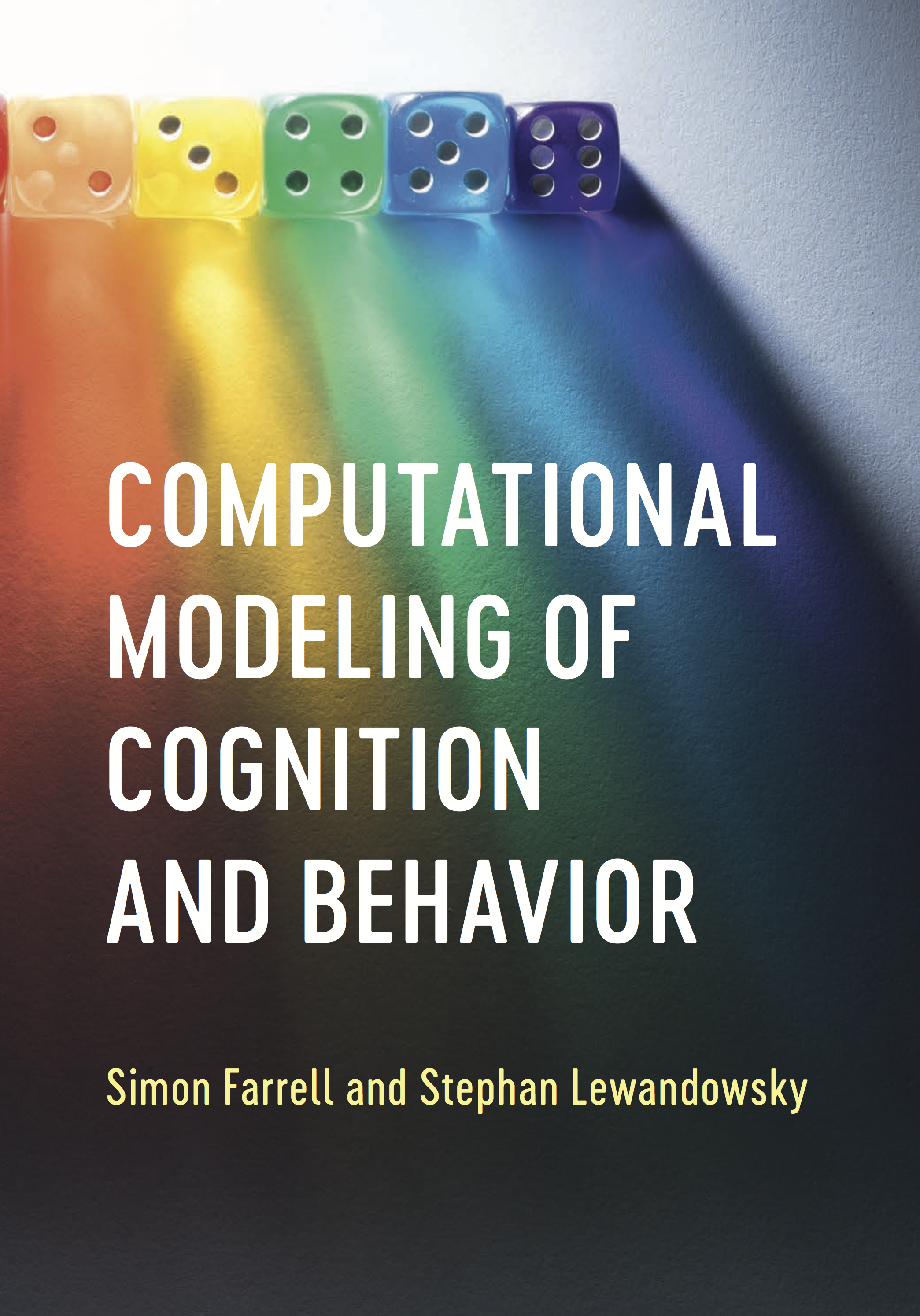About
Book description
Computational modeling is now ubiquitous in psychology, and researchers who are not modelers may find it increasingly difficult to follow the theoretical developments in their field. This book presents an integrated framework for the development and application of models in psychology and related disciplines. Researchers and students are given the knowledge and tools to interpret models published in their area, as well as to develop, fit, and test their own models. Both the development of models and key features of any model are covered, as are the applications of models in a variety of domains across the behavioural sciences. A number of chapters are devoted to fitting models using maximum likelihood and Bayesian estimation, including fitting hierarchical and mixture models. Model comparison is described as a core philosophy of scientific inference, and the use of models to understand theories and advance scientific discourse is explained.
Authors
Simon Farrell is professor and an ARC Future Fellow in the School of Psychology at the University of Western Australia. He uses computational modelling and experiments to understand memory, judgement, choice, and the role of memory in decision-making. He is the co-author of Computational Modeling in Cognition: Principles and Practice (2011) and has published numerous papers on the application of models to psychological data. Simon was Associate Editor of the Journal of Memory and Language (2009-11) and the Quarterly Journal of Experimental Psychology (2011-16). In 2009 Farrell was awarded the Bertelson Award by the European Society for Cognitive Psychology for his outstanding early career contribution to European Cognitive Psychology.
Stephan Lewandowsky is a cognitive scientist in the School of Experimental Psychology at the University of Bristol. He was awarded a Discovery Outstanding Researcher Award from the Australian Research Council in 2011 and received a Wolfson Research Fellowship from the Royal Society upon moving to Bristol in 2013. He was appointed a Fellow of the Academy of Social Sciences in 2017. His research examines people’s memory and decision-making, with an emphasis on how people update information in memory. He has published over 150 scholarly articles and books, including numerous papers on how people respond to corrections of misinformation and what determines people’s acceptance of scientific findings.
